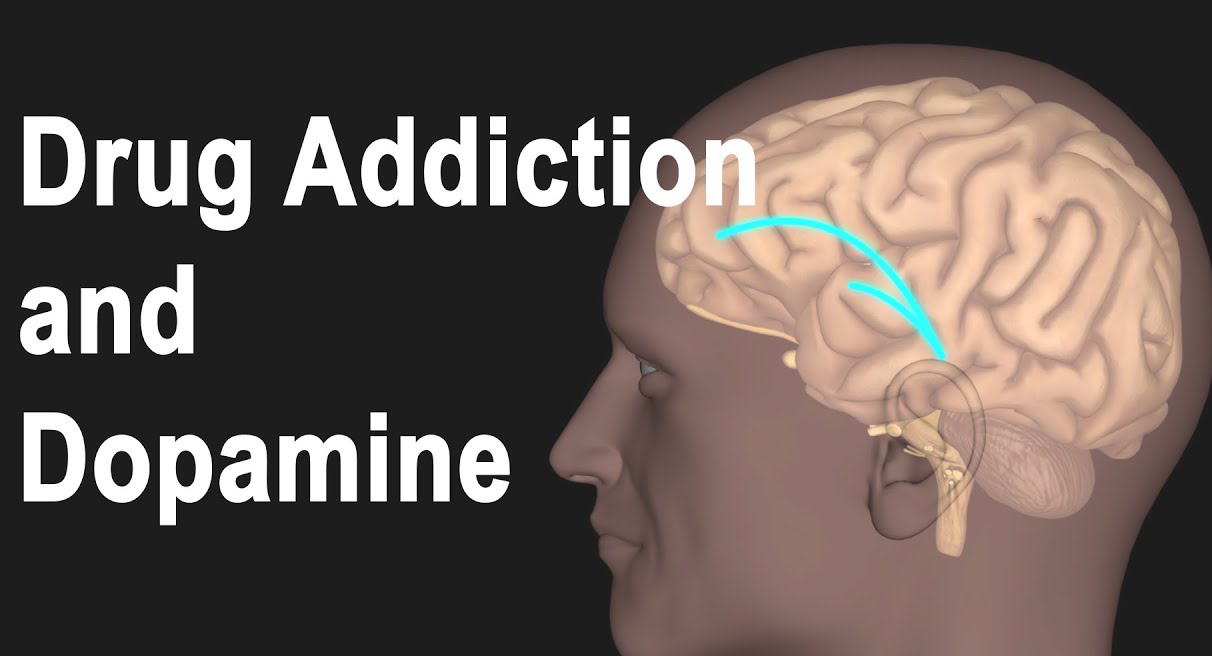Drug Rehabilitation: Research Shows Dopamine D2 Receptors In Cholinergic Interneurons Play Critical Role In Drug Addiction
Source: Drug Rehabilitation And Drug Rehab Centres Jun 04, 2020 5 years, 8 months, 19 hours, 51 minutes ago
Drug Rehabilitation: Korean researchers from the Korea Brain Research Institute or KBRI have discovered that dopamine D2 receptors (DRD2s) in cholinergic interneurons (ChINs) play a crucial role in cocaine addiction.

The research findings were published in Biological Psychiatry, a leading academic journal in the field of psychiatry.
https://www.biologicalpsychiatryjournal.com/article/S0006-3223(20)31588-2/pdf
The research lead by Professor Dr Joung-Hun Kim and Dr Joo Han Lee from the Pohang University of Science and Technology (POSTECH), Dr Ja Wook Koo from the KBRI, and Professor Dr Eric Nestler from the Icahn School of Medicine at Mount Sinai, discovered that dopamine D2 receptors (DRD2s) in cholinergic interneurons (ChINs) play a crucial role in cocaine addiction.
Typically narcotic or drug addiction is a mental disorder, in which an individual obsessively seeks out and uses drugs or narcotics despite their harmful effects. It can lead to interpersonal conflict and physical health problems, thereby incurring significant social costs. Once consumed, drugs of abuse (e.g. cannabis and cocaine) increase the dopamine concentration in the brain's reward system and activate dopamine receptors, which, in turn, causes intense craving for drugs.
To properly explain the terms, dopamine is a neurotransmitter released in the brain when a person is rewarded or exposed to addictive substances. It is often called "the pleasure hormone." Dopamine receptors are receptors on a cell membrane that specifically binds and responds to dopamine.
It was observed that there are individual differences in drug addiction. Some people are more vulnerable to addiction when exposed to similar dose of addictive drug. Yet, the neurobiological mechanism underlying such phenomenon remains elusive.
Simply by utilizing electrophysiological and optogenetic techniques to cocaine self-administration model, the study team identified DRD2 overexpression in cholinergic interneurons (ChINs) of the nucleus accumbens (NAc) of mice susceptible to addiction.
The Nucleus accumbens (NAc) are a part of the brain's limbic system that plays a key role in processing rewarding and reinforcing stimuli.
The Cholinergic interneuron (ChIN) is a type of nerve cell that releases the neurotransmitter acetylcholine (ACh) from the axon terminal. ChINs occupy 1-2 percents of the NAc neuronal poplulation.
It should be noted that there are five subtypes of dopamine receptors (D1- D5), among which D1 and D5 belong to the D1-like family and D2, D3 and D4 to the D2-like family. DRD2 refers to a gene that expresses the D2 receptor.
Significantly, addiction-susceptible mice showed an increased level of DRD2 expression and a reduced level of cell activation, which is caused by dopamine D2 receptors expressed excessively in ChINs as the receptor activation reduces ChIN activity.
It was learnt that through this mechanism, ChINs can affect the activation and synaptic plasticity of downstream medium spiny neurons (which comprise most of the NAc neurons) in diverse ways, thereby causing susceptibility to cocaine addiction.
Dr Joung-Hun Kim told Thailand Medical News, "By exploring
at the genome-wide level, the gene expressions within ChINs that occur in different individual entities, we have pioneered a new area in addiction research. As a part of follow-up research, we will continue to study a detailed molecular mechanism underlying how addicted animals show elevated expressions of DRD2. Searching for any candidate drugs that can control such susceptibility by regulating activity of ACh receptors might be another feasible future plan."
The team is working with other medical scientists to discover drugs that regulate the Ach receptors to help drug addicts in their rehabilitation programmes.
For more on
Drug Rehabilitation or
Drug Rehab Centers, keep on logging to Thailand Medical News.
